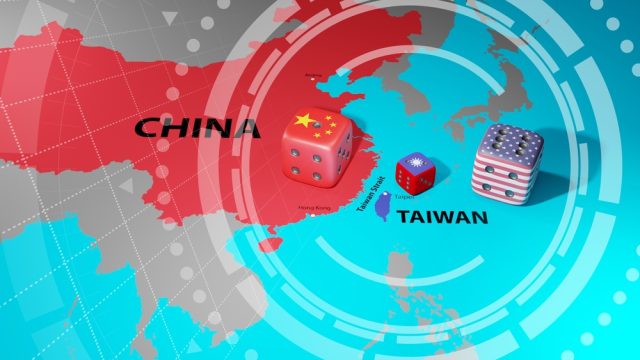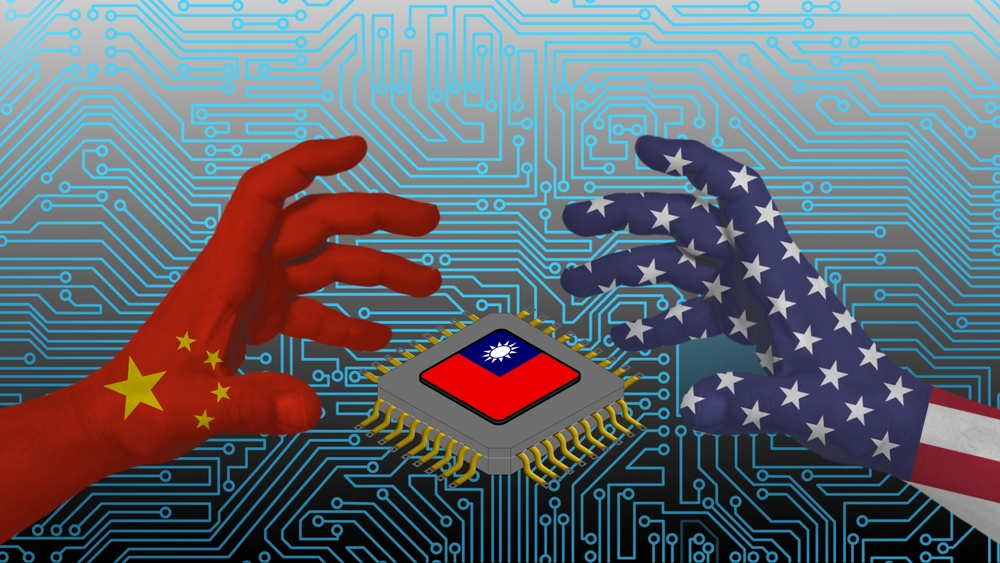
The upcoming elections open up a major geopolitical issue.
2024 is a watershed year on a global political level: not only for the European elections, not only for the American Presidential elections but also for many electoral events around the world which, however, can significantly change the geopolitical chessboard.
The first nation – however appropriate this term may be in the case in question – to go to the vote is Taiwan, on Sunday 13 January. Taiwanese citizens are called to choose the new President of the archipelago, after the expiry of the second mandate of Tsai Ing-wen (DPP, close to RE). The candidates are already known and represent the entire Taiwanese political scheme.
The candidate of the DPP, the governing party, is the current Vice President William Lai. The Democratic Progressive Party is the party that has made anti-communism and Taiwanese nationalism its main struggles and – despite being more left-wing on economic-social issues – is fiercely opposed to reunification with China, rather advocating the thesis of independence from it.
Lai’s main challenger is Ho Yu-ih, the current Mayor of New Taipei and candidate of the Kuomintang (KMT, close to PPE). Anyone who knows a bit of Chinese history is aware that the Kuomintang was the main rival of the Chinese communists and that the split between Taiwan and China itself derives from the dispute over Chinese sovereignty arising from the civil war between the nationalists led by Chiang Kai-shek and the communists under the aegis of Mao Zedong, with the former fleeing to Taiwan after the defeat. Despite the harsh conflicts with the communists and despite being part of various center-right international organizations which also include the American Republicans, the Kuomintang moved towards positions more favorable to reunification, even if it then settled on a “third way” that is, neither independence nor unification.
The third and final candidate is Ko Wen-je, former Mayor of Taipei (TPP) who presents himself as an alternative candidate, more devoted to pacifism and reformism than his rivals. The challenge, however, seems to be mainly concentrated between the DPP and the Kuomintang, even in Chinese rhetoric.
Interviewed by the newspaper Le Monde, in fact, the Foreign Minister of Taiwan denounces how China is launching massive propaganda according to which a victory for Lai would lead to war and a slowdown in growth, while the success of the Kuomintang would ensure peace and prosperity. China has every interest in getting rid of the DPP after the 8 years of the presidency of Tsai Ing-wen, who has always positioned herself as a supporter of Taiwanese independence to the point of hosting prominent members of the American government several times.
Xi Jinping’s wishes, however, are very different from the political will of the DPP: in his New Year’s speech, the Chinese President stated that “China will definitely be reunified in Taiwan”, adding that “all Chinese on both sides of the Strait should be bound by a common goal and share the glory of the renewal of the Chinese nation.” Xi also made a series of promises, such as increased reforms, opening up “at all levels”, lively economic development, and promotion of education, also adding that Hong Kong and Macao will never fail to be supported by the Chinese government.
Regardless of the judgment on Chinese support for Hong Kong, it is instead a fact that China has intensified military pressure on Taiwan with regular exercises in the waters of the archipelago which, when combined with the New Year’s declarations, only paint frightening scenarios for the future of Taiwan.
 However, we must not look at the issue with a detached eye: a possible military escalation between China and Taiwan would inevitably also lead to American involvement, given that Taiwan has always been defended by the United States which supports the island’s military capabilities. The problem is also productive: over 60% of semiconductors worldwide are produced in Taiwan, ensuring still-free management of commercial relationships at a technological level. Submission to China would inevitably be a victory for the Asian giant which would purchase yet another “raw material” to dominate the market.
However, we must not look at the issue with a detached eye: a possible military escalation between China and Taiwan would inevitably also lead to American involvement, given that Taiwan has always been defended by the United States which supports the island’s military capabilities. The problem is also productive: over 60% of semiconductors worldwide are produced in Taiwan, ensuring still-free management of commercial relationships at a technological level. Submission to China would inevitably be a victory for the Asian giant which would purchase yet another “raw material” to dominate the market.
Saturday 13 January will be a date for Taiwan where history will be written: continue to “resist” Chinese interference or progressively reunify the archipelago with the People’s Republic of China. The global consequences of this choice will, in any case, be considerable.



 Subscribe
Subscribe